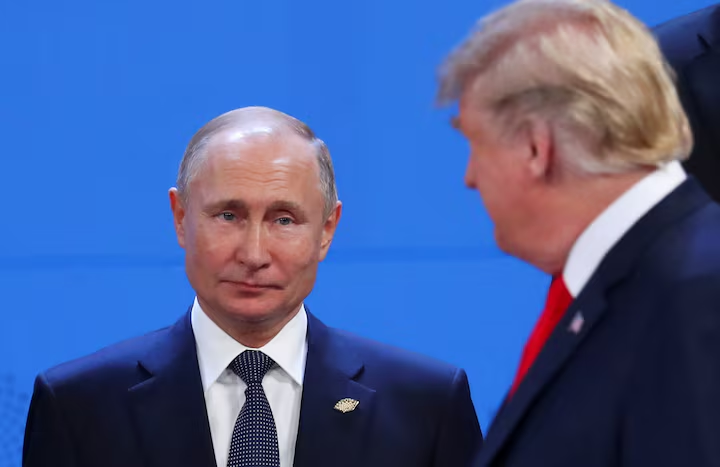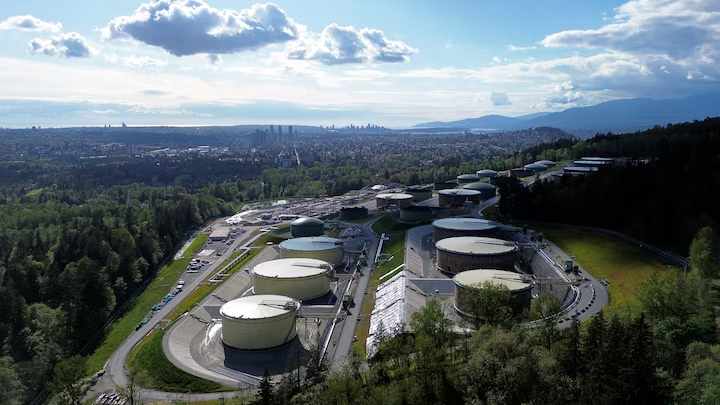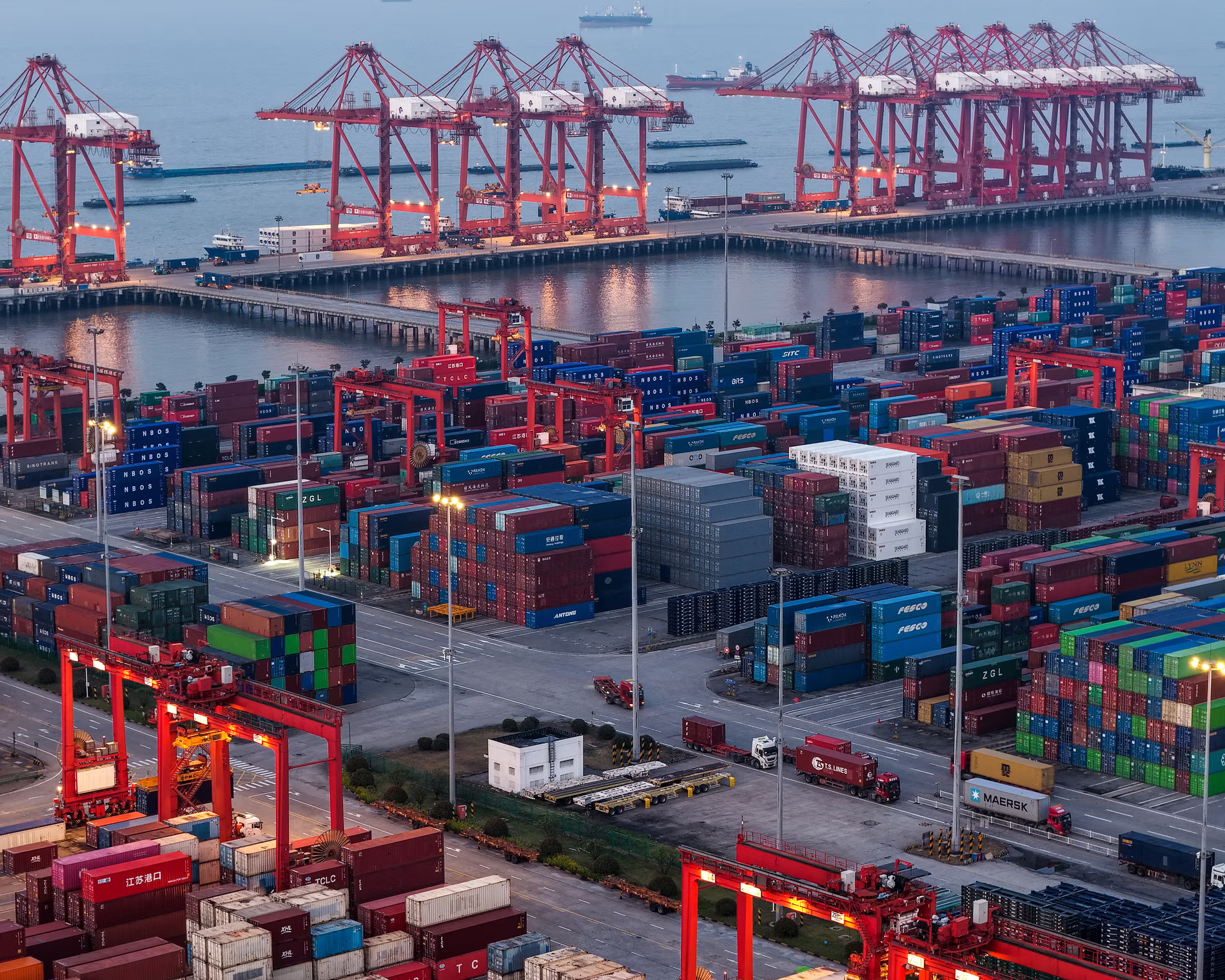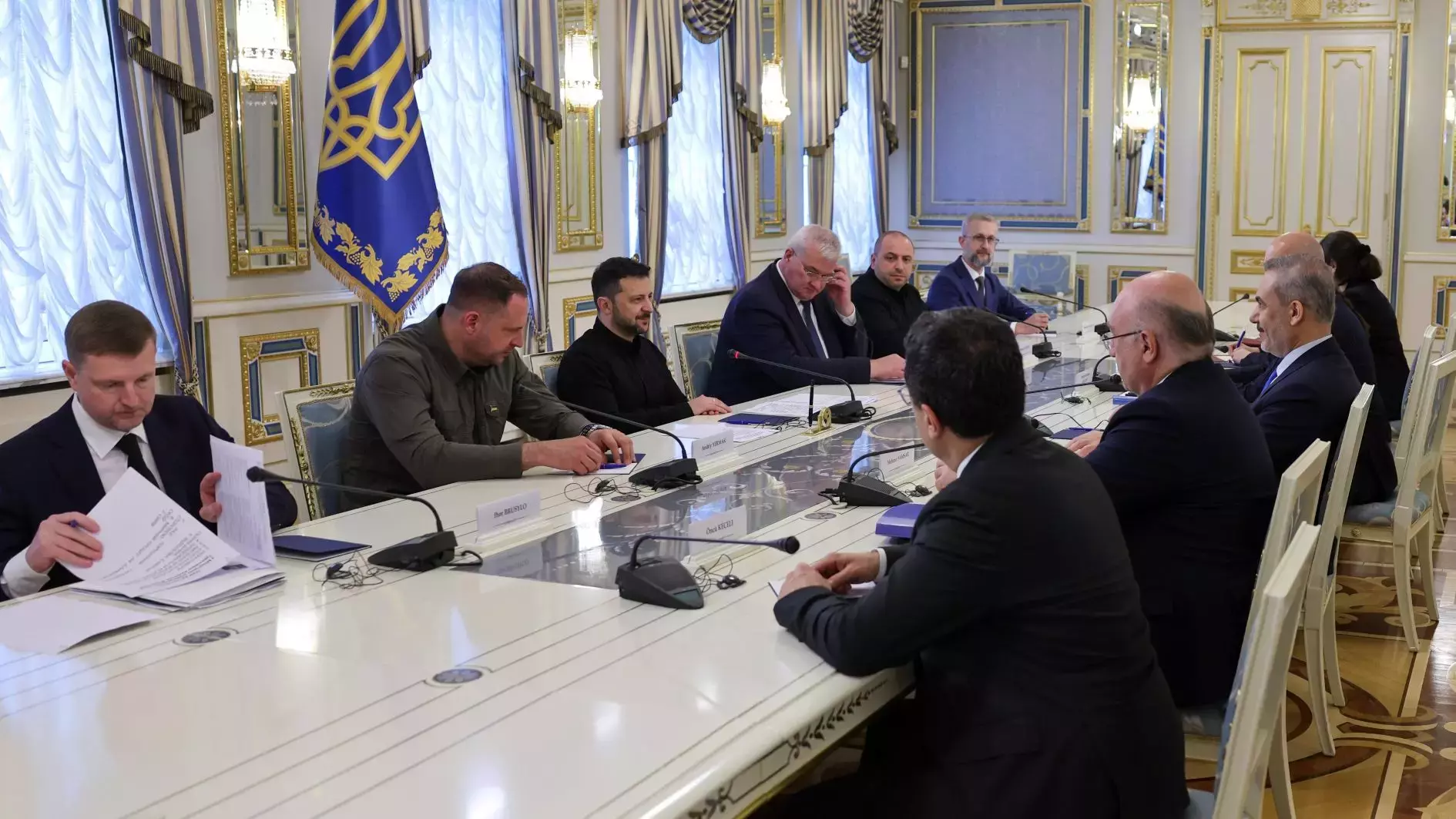U.S. President Donald Trump announced on Sunday, May 19, 2025, that he will soon hold direct talks with Russian President Vladimir Putin in a renewed push to end the ongoing war in Ukraine. Trump’s statement coincides with a strong call from European leaders demanding an immediate ceasefire as the conflict drags into its third year, claiming tens of thousands of lives and destabilizing the continent.
Trump said he would speak with Putin “within days” and planned follow-up conversations with Ukrainian President Volodymyr Zelenskyy and NATO allies. The U.S. president characterized the situation as a “bloodbath” and vowed to do “everything possible to stop the killing.”
“I’m speaking to President Putin this week to make it very clear: enough is enough,” Trump told reporters during a campaign-style event in Florida. “This war needs to stop. The world wants peace, and I will deliver it.”
Trump’s announcement comes amid a growing diplomatic chorus in Europe urging an end to hostilities. Leaders from France, Germany, Italy, and Spain issued a joint statement calling for “an immediate and unconditional ceasefire” and for both Russia and Ukraine to return to the negotiating table. The statement emphasized that continued fighting only leads to more civilian deaths, economic hardship, and political fragmentation across the region.
U.S. officials have confirmed that Trump’s outreach will not bypass Kyiv. “The president will engage both parties, and President Zelenskyy will be briefed before and after the Putin call,” said White House National Security Adviser Richard Grenell, who has been tasked with coordinating the diplomatic push.
While Trump has expressed frustration with the war’s toll on global stability and U.S. interests, critics have raised concerns about whether he can maintain a balanced approach that supports Ukraine’s sovereignty while engaging with Putin. Some NATO officials remain wary, recalling Trump’s previous conciliatory tone toward Russia during his first term.
Zelenskyy, in response to Trump’s announcement, welcomed the diplomatic initiative but insisted any talks must uphold Ukraine’s territorial integrity.
“We support dialogue but not at the cost of justice. Peace must be built on accountability and sovereignty,” Zelenskyy said in a televised address from Kyiv.
The Kremlin has so far remained silent on the proposed conversation but has signaled openness to “constructive engagement” in past weeks. Russia has faced increasing international condemnation after a recent wave of drone and missile attacks on Ukrainian cities, including Kyiv, Dnipro, and Kharkiv, that killed dozens of civilians.
Trump’s effort marks a notable return to direct great-power diplomacy and adds momentum to existing ceasefire talks in Doha, where mediators from Turkey and Qatar are attempting to broker a temporary truce. U.S. involvement at the highest level could prove pivotal—if handled with transparency and strategic balance.
Europe’s demand for an end to the war has also been amplified by public fatigue and mounting economic stress. Energy prices remain volatile, migration pressures are rising, and defense budgets across the EU have ballooned in response to the conflict. As one French diplomat stated anonymously, “This war has reshaped Europe’s priorities, but it cannot define our future.”
Meanwhile, humanitarian agencies warn that Ukraine is approaching another critical juncture, with millions displaced and infrastructure in key regions nearly destroyed. The United Nations has called for urgent aid corridors, as famine and fuel shortages loom ahead of the next winter.
Whether Trump’s upcoming conversation with Putin results in a tangible breakthrough remains uncertain. But it has reignited global attention on the need for urgent diplomacy, placing pressure on both Russia and Ukraine to recommit to dialogue.
For now, the world watches and waits — with cautious hope — to see if words can finally halt the weapons.
Source; Reuters



